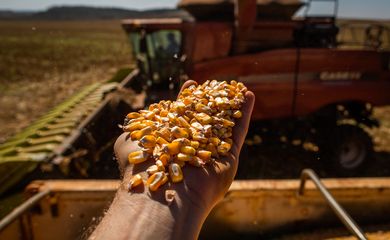Ultra-processed foods linked to cognitive decline

Difficulty remembering dates, doing simple math, or performing basic everyday tasks—cognitive abilities such as these usually deteriorate as age advances. Research conducted by scientists at the University of São Paulo (USP), however, shows that the loss is up to 28 percent higher among people who consume more ultra-processed foods.

These are food items that have undergone such an intense industrial process their composition no longer resembles that of real food. This category includes sliced bread, snacks, and soft drinks.
Cognitive decline was greater among people who consumed more than 20 percent of their daily calories from ultra-processed food. Reaching this proportion is no difficult task: 20 percent is equivalent to three slices of loaf bread a day.
The results were presented at the International Alzheimer’s Conference, held last week in San Diego, US.
The research looked at the performance of people who participated in the longest and most comprehensive study on cognitive performance conducted in Brazil: the Elsa-Brasil. Some 15 thousand people, aged 35 through 74 who started to be monitored in 2008 for risk factors linked to chronic diseases such as hypertension, arteriosclerosis, and stroke. The study examined the data taking into account the type of food consumed: unprocessed food, such as vegetables and fruits; cooking ingredients, such as salt and oils; processed food, with slight modifications such as the addition of salt or sugar; and ultra-processed food.
Data from the Center for Epidemiological Research in Nutrition and Health of the University of São Paulo (USP) show that the average consumption of ultra-processed food stands at precisely 20 percent in Brazil. The level is three times lower than in rich nations, where the percentage can go as high as 60 percent.
This is exactly why a country like Brazil is a coveted market for the food industry, said nutritionist Renata Levy, a member of USP’s Nutrition and Health Research Center.
In October, Brazil’s new food labeling rules approved by Brazil’s drug regulator Anvisa are expected to go into effect. After the change, the packaging of products high in fat, sugar, or sodium will be required to show it conspicuously on the label. Levy finds the new norm a good idea, but more needs to be done to discourage the consumption of ultra-processed products.
Another answer advocated by scientists is a ban on the sale of ultra-processed products in school cafeterias, as teenagers are the main consumers of this type of product in Brazil.



